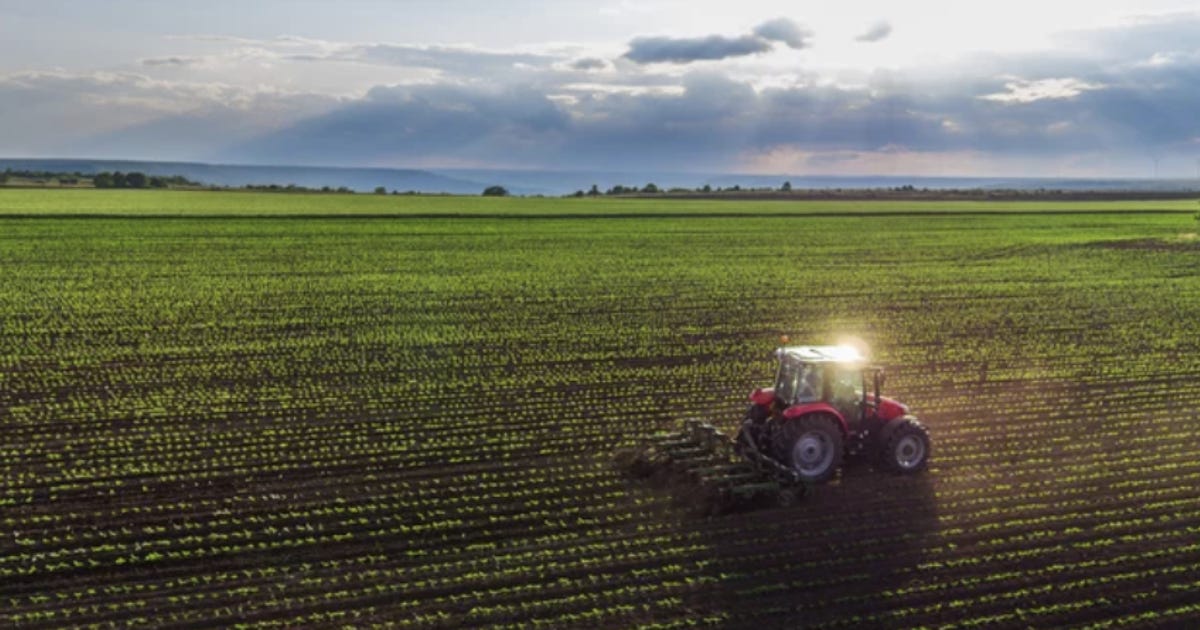Conservatives warn farmers are “on the brink” after sharp fall in 2024 farm income
Canadian farmers are “on the brink,” according to federal Conservatives, after new Statistics Canada data revealed realized net farm income plummeted last year.
Canadian farmers are “on the brink,” according to federal Conservatives, after new Statistics Canada data revealed realized net farm income plummeted last year.
In a statement Wednesday evening, Conservative agriculture critic John Barlow said the latest figures confirm mounting pressures on producers, citing rising costs, falling revenues and growing debt across the sector.
Statistics Canada reported that realized net income fell by $3.3 billion in 2024, a 26 per cent drop and the largest year-over-year decline since 2018. Farm cash receipts also decreased by $1.4 billion, marking the first annual decline since 2010. Meanwhile, total operating expenses rose 2.5 per cent to $78.5 billion, and farm debt climbed 14.1 per cent — the biggest increase since 1981.
Barlow said the trends reflect broader challenges facing producers, including higher operating costs linked to fuel and input prices, elevated interest rates and reduced access to global markets.
He pointed to ongoing trade barriers affecting Canadian agricultural exports, noting China continues to ban Canadian beef and applies tariffs of 100 per cent on canola oil, canola meal and peas, along with a 75.8 per cent tariff on canola seeds and 25 per cent duties on pork and seafood.
India maintains a 10 per cent tariff on Canadian lentils and a 30 per cent tariff on yellow peas.
The United Kingdom, meanwhile, continues to block Canadian beef and pork through non-tariff restrictions.
The Conservative statement warned that declining farm income poses risks to national food security, noting that many households are facing rising food costs and record food-bank usage.
Last month, Food Banks Canada reported that a record 2.2 million Canadians visited a food bank in March of this year, one-third of which were children.
During the summer, food inflation in Canada was notably higher than in the United States, recording a 2.8 per cent increase in June compared to the U.S. rate of 2.3 per cent.




All as planned.
Remember who is a WEF, UN, GLOBALIST Principle... etc.. etc..
Let them eat bugs.
Then again Canada does have a cockroach for a PM.
How did Conservatives arrive at the conclusion Canadian farmers are in trouble. Was it simply by looking at their financial stats? The reason I ask is because Conservatives didn't have a thing to say when the CFIA raided a farm in BC, kicked the owners off, and killed all of their livestock under the pretence of public safety from disease infections despite the fact that the entire flock of ostriches was still healthy almost a year later. Pierre Poilievre didn't have a thing to say about that. Why not? The situation farmers are in isn't just about dollars and cents, it's about anyone's sovereignty over one's personal property. It's about small businesses being able to make a living no matter what business they're in. Do you have to be a big corporation to get some attention from the Conservatives?